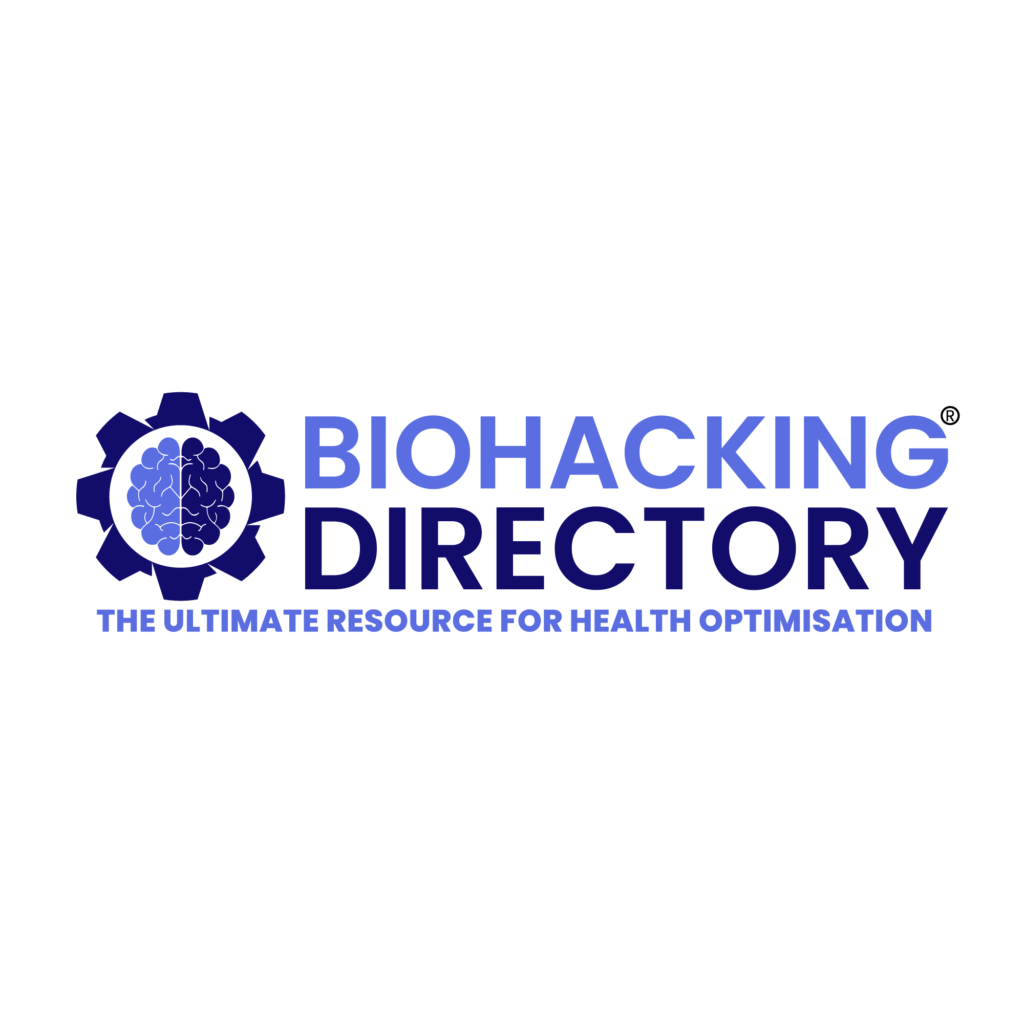In a world where health trends constantly evolve, the plant-based diet has emerged as a nutritional powerhouse. This dietary choice, centered around whole, plant-derived foods, offers a multitude of benefits for both our well-being and the planet.
Understanding the Plant-Based Diet
A plant-based diet revolves around consuming foods primarily derived from plants. This includes fruits, vegetables, whole grains, legumes, nuts, and seeds, while minimizing or eliminating animal products. The emphasis is on natural, unprocessed foods that fuel the body with essential nutrients.
The Health Benefits of Going Plant-Based
1. Heart Health: Numerous studies indicate that adopting a plant-based diet can contribute to lower cholesterol levels, reduced blood pressure, and a decreased risk of heart disease.
2. Weight Management: Plant-based diets are often associated with maintaining a healthy weight due to the lower calorie density of plant foods and their high fiber content, promoting satiety.
3. Blood Sugar Control: For those with diabetes or at risk, a plant-based diet may assist in better blood sugar control, attributed to the abundance of complex carbohydrates and fiber.
4. Cancer Prevention: Certain plant-based foods, rich in antioxidants and phytochemicals, have been linked to a reduced risk of certain cancers.
Environmental Impact
Beyond personal health, adopting a plant-based diet aligns with sustainable living. Livestock farming contributes significantly to environmental issues such as deforestation, water pollution, and greenhouse gas emissions. A shift towards plant-based eating can contribute to reducing our ecological footprint.
Practical Tips for a Plant-Based Lifestyle
1. Diversify Your Plate: Include a variety of fruits, vegetables, legumes, and whole grains to ensure a well-rounded nutrient intake.
2. Explore Plant-Based Proteins: Incorporate sources like beans, lentils, tofu, and quinoa to meet protein requirements without relying on meat.
3. Read Labels: Be mindful of processed plant-based products; focus on whole, unprocessed foods for optimal health benefits.
4. Stay Informed: Keep abreast of nutritional needs and consider consulting a healthcare professional or nutritionist when transitioning to a plant-based diet.
Adopting a plant-based diet isn’t just a choice for personal well-being; it’s a step towards a healthier planet. Embrace the goodness of plant-based eating, and let your journey towards wellness begin.
References:
1. American Heart Association. (2017). Plant-Based Diets. [Read more](https://www.heart.org/en/healthy-living/healthy-eating/eat-smart/nutrition-basics/plant-based-diets)
2. Tuso, P. J., Ismail, M. H., Ha, B. P., & Bartolotto, C. (2013). Nutritional update for physicians: Plant-based diets. [The Permanente Journal](https://www.ncbi.nlm.nih.gov/pmc/articles/PMC3662288/)
3. Satija, A., Bhupathiraju, S. N., Spiegelman, D., Chiuve, S. E., Manson, J. E., Willett, W., … & Hu, F. B. (2017). Healthful and Unhealthful Plant-Based Diets and the Risk of Coronary Heart Disease in U.S. Adults. [Journal of the American College of Cardiology](https://www.jacc.org/doi/10.1016/j.jacc.2017.05.047)








10 Responses
I don’t think the title of your article matches the content lol. Just kidding, mainly because I had some doubts after reading the article. https://www.binance.com/register?ref=IXBIAFVY
Your point of view caught my eye and was very interesting. Thanks. I have a question for you.
Thanks for sharing. I read many of your blog posts, cool, your blog is very good.
Thanks for sharing. I read many of your blog posts, cool, your blog is very good.
Your point of view caught my eye and was very interesting. Thanks. I have a question for you. https://www.binance.com/register?ref=IHJUI7TF
I don’t think the title of your article matches the content lol. Just kidding, mainly because I had some doubts after reading the article. https://www.binance.info/register?ref=IXBIAFVY
Thank you for your sharing. I am worried that I lack creative ideas. It is your article that makes me full of hope. Thank you. But, I have a question, can you help me?
Your point of view caught my eye and was very interesting. Thanks. I have a question for you. https://www.binance.info/es-AR/register?ref=UT2YTZSU
Can you be more specific about the content of your article? After reading it, I still have some doubts. Hope you can help me. https://accounts.binance.com/es/register-person?ref=RQUR4BEO
I don’t think the title of your article matches the content lol. Just kidding, mainly because I had some doubts after reading the article.